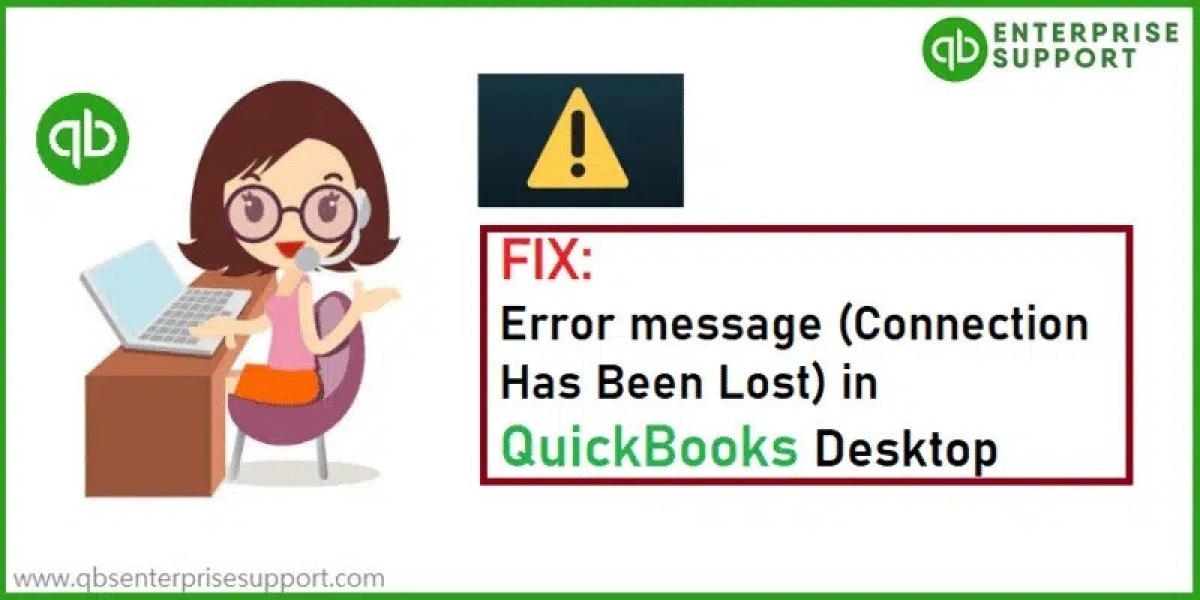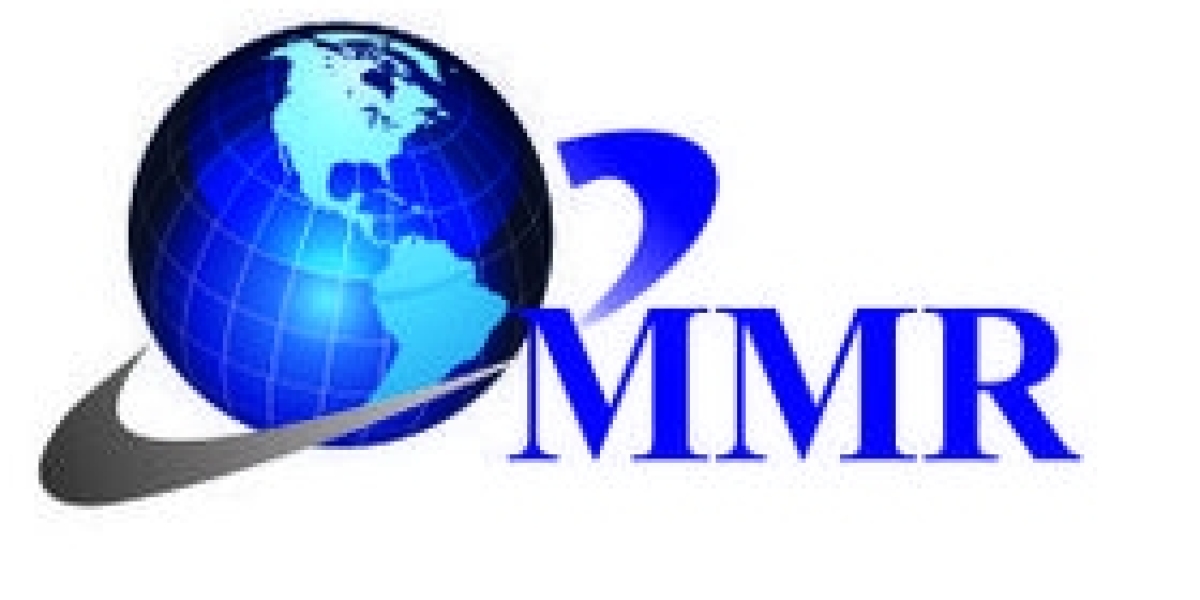Consider the impact of a financial misstep that could jeopardize your business's sustainability. Money laundering is not just a global financial peril but a direct threat to your enterprise, potentially leading to severe penalties and tarnishing your reputation. It's about more than adhering to regulations; it's about safeguarding your business's core. Explore how AML training acts as a protective barrier for your business.
Prologue: The Necessity for a Preemptive Approach
In an era marked by increasingly complex financial crimes, remaining vigilant is imperative. Your business could become a conduit for money laundering through seemingly benign transactions. A proactive stance is essential, preparing your team to recognize and counteract these risks effectively. AML training transcends regulatory obligations, representing a critical component of your business's security measures.
Deciphering Money Laundering: Fundamental Insights
Money laundering typically conceals illicit capital as legitimate, threatening businesses with legal repercussions and eroding trust. Familiarizing your team with the dynamics of money laundering enables them to spot and mitigate suspicious actions. This segment would unravel the phases of money laundering (placement, layering, integration) and the potential for businesses to get entangled in these processes unwittingly.
The Essence of Anti-Money Laundering (AML) Training
AML training forms the cornerstone of your enterprise’s defense against financial wrongdoing. It equips employees with the necessary insight and mechanisms to detect and avert money laundering endeavors. Comprehensive training encompasses understanding legal mandates, identifying high-risk clients, and grasping your firm’s AML strategies. It should also involve practical scenario-based exercises, allowing employees to apply their knowledge effectively.
Essential Elements of a Robust AML Training Initiative
An effective AML training initiative includes several key aspects:
- Legal Adherence: Gaining insights into the legal and regulatory frameworks relevant to your sector and region.
- Detection of Unusual Activities: Educating employees on recognizing patterns that could signify money laundering.
- Reporting Mechanisms: Understanding the protocols for reporting unusual activities both internally and to the authorities.
- Ongoing Learning: Given the evolving nature of AML regulations, training should be continuous, featuring periodic updates and refreshers.
Executing AML Training Within Your Organization
To implement AML training successfully, adopt a strategic method. Evaluate your current risk profile and customize the training to mitigate specific vulnerabilities in your organization. Opt for a reputable training provider to ensure your program aligns with the latest legal and best practice standards. Regularly assess the training's impact and adjust as needed to maintain a knowledgeable and alert workforce.
Epilogue: Ensuring Your Business's Longevity
The menace of money laundering is persistent and evolving, but through proactive measures and effective AML training, you can substantially diminish your business's vulnerability. Investing in AML training is not solely for compliance; it’s crucial for preserving the integrity, fiscal stability, and ongoing success of your business. Act now to fortify your enterprise against the intricacies of financial crime.
This revised article underscores the significance of AML training in the contemporary business landscape, highlighting the necessity of understanding the fundamentals, acknowledging the pivotal role of training, and instituting a comprehensive program to combat money laundering effectively.
Broadening the Horizon: Beyond Compliance
While compliance with AML regulations is a driving factor, the broader implications for your business extend well into operational integrity and market reputation. AML training for employees https://amlcertification.com/anti-money-laundering-training/ cultivates a culture of ethical practices and financial transparency, essential in today’s economy where consumers and partners prioritize trust and legal adherence. By instilling these values, your business not only mitigates risks but also enhances its standing in the industry.
Technology Integration in AML Training
Advancements in technology offer new avenues for strengthening AML training programs. Utilizing digital platforms and data analytics can lead to more effective training methods, providing real-time updates on AML trends and facilitating interactive learning experiences. Embracing these technologies can help your business stay ahead in identifying and responding to money laundering risks efficiently.
Building a Resilient Organizational Culture
Effective AML training is more than just sessions and seminars; it's about weaving a fabric of vigilance and integrity throughout the organization. Creating an environment where employees are encouraged to question anomalies and report suspicious activities without fear of retaliation is crucial. This culture of openness and accountability is vital in maintaining a resilient stance against financial crimes.
Global Perspective on AML Training
As businesses operate on a global scale, understanding the international nuances of money laundering and AML regulations becomes increasingly important. Tailoring training programs to address the specific risks and legal requirements in different jurisdictions where your business operates will enhance your global strategy against money laundering.
Conclusion: A Commitment to Excellence and Security
In conclusion, Anti-Money Laundering training is not just a regulatory necessity but a strategic investment in your business's future. It embodies a commitment to operational excellence, ethical conduct, and a secure financial environment. By prioritizing comprehensive, continuous, and technology-enhanced AML training, your business can navigate the complexities of financial crime, ensuring sustainable growth and long-term success. Take action today to empower your organization with the knowledge and tools to protect against money laundering and secure its future prosperity.









